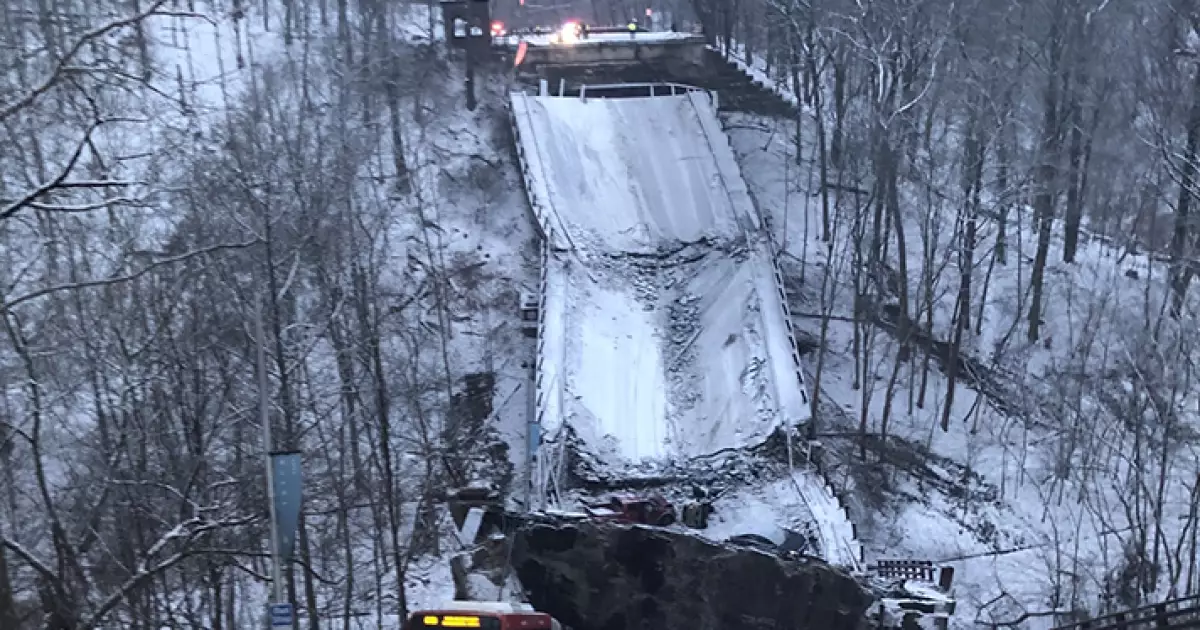The private sector plays a crucial role in the development and implementation of transportation projects in Pennsylvania. Companies have the opportunity to submit unsolicited proposals to the Pennsylvania Department of Transportation, offering innovative solutions to deliver projects across various modes of transportation. This open solicitation period allows for the exploration of more efficient models to manage existing transportation-related services and programs.
PennDOT’s Office of Public-Private Partnerships reviews and approves proposals for transportation projects, including infrastructure, assets, and services. The department currently has four active P3 programs, such as the Major Bridges program, which aims to replace or rehabilitate major interstate bridges. The $2.5 billion program, funded in part by private activity bonds, represents a significant investment in the state’s infrastructure.
Another notable initiative is the Rapid Bridge Replacement project, which targets the replacement of 558 structurally deficient bridges in Pennsylvania. This project, bundled as a P3, highlights the state’s commitment to improving its transportation network efficiently and effectively. By partnering with private entities, PennDOT can leverage additional resources and expertise to deliver projects in a timely manner.
Recent legislative changes have impacted PennDOT’s ability to fund transportation projects through tolls and user fees. Lawmakers revised the P3 law in response to a court decision that struck down the tolling proposal for the Major Bridge program. As a result, PennDOT had to reassess its financing strategy and rely on existing funds to make payments to private partners over a 35-year period.
Despite these challenges, public-private partnerships remain a vital tool for advancing transportation projects in Pennsylvania. The state’s P3 law, enacted in 2012, provides a framework for collaboration between public agencies and private companies to deliver critical infrastructure improvements. By fostering innovation and efficiency, P3s have the potential to drive economic growth and enhance the quality of life for residents across the commonwealth.
The collaboration between the public and private sectors is essential for addressing the growing demands of Pennsylvania’s transportation system. Through strategic partnerships and innovative solutions, the state can overcome funding constraints and accelerate the delivery of vital infrastructure projects. By embracing the principles of public-private partnerships, PennDOT can pave the way for a more connected, resilient, and sustainable transportation network for years to come.

